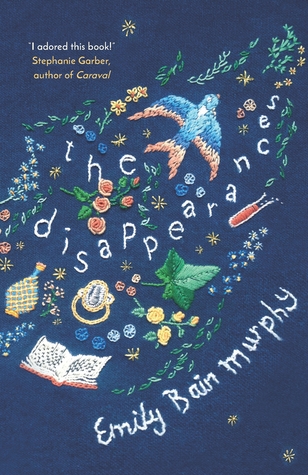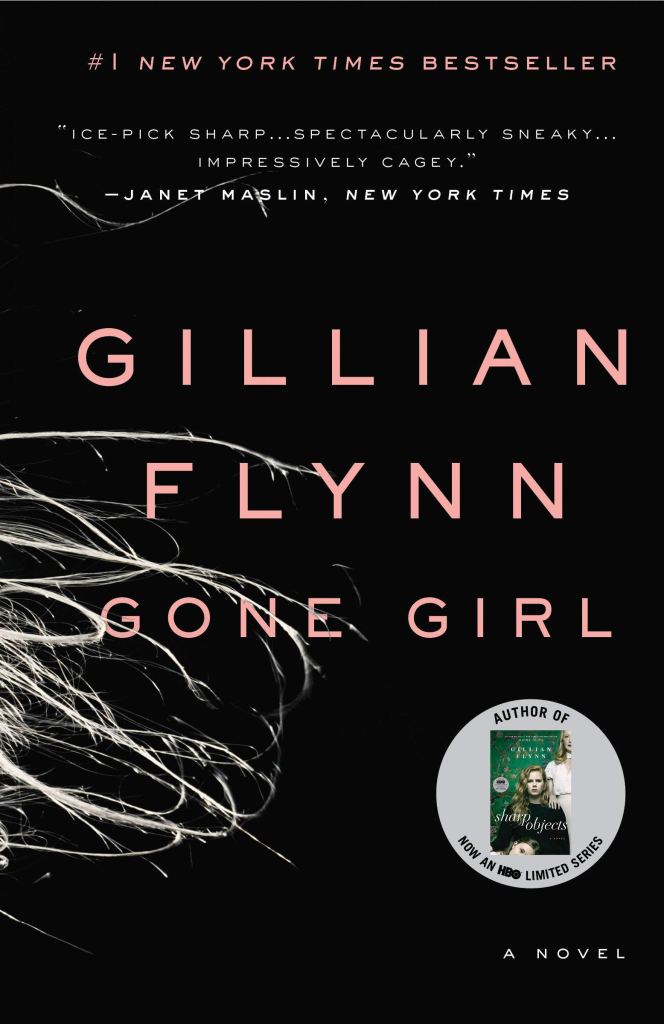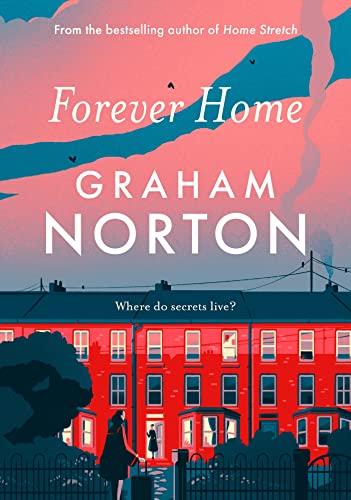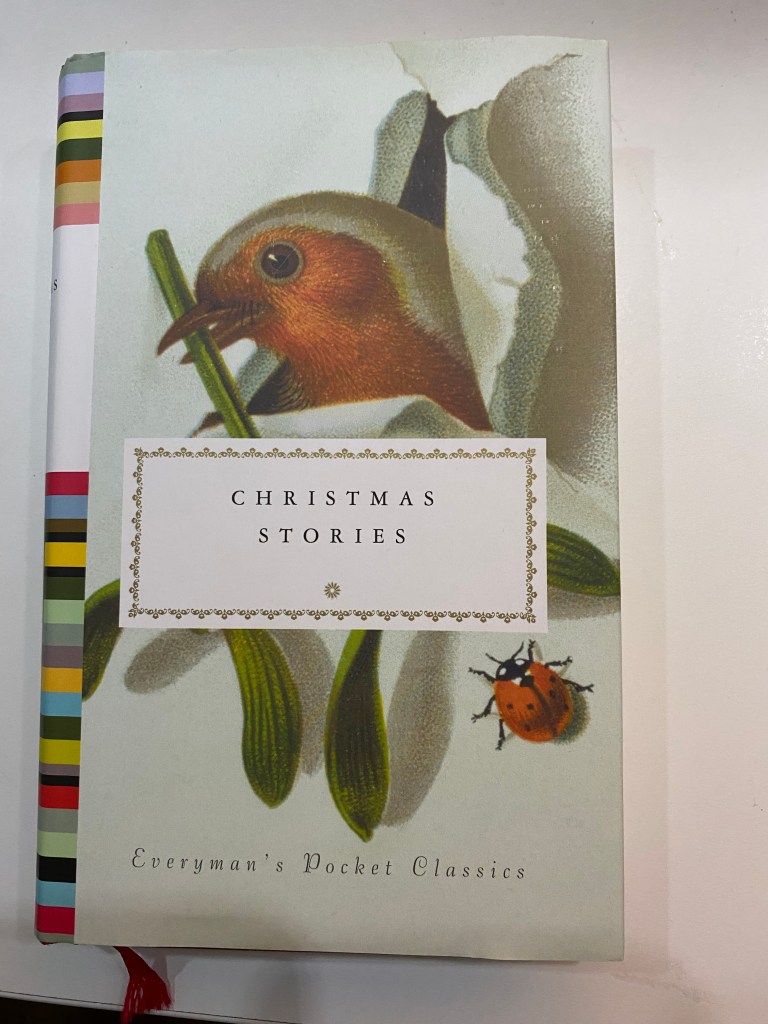Every year there are very many interesting reading challenges that bloggers and others set themselves. I have done one every year since I started this blog more than six years ago and I have participated in others, some successfully, some not. For a while there my challenge was to pick a genre or theme for each month and select a title. The aim was to expand my reading horizons and delve into things that would not normally attract my attention, such as science fiction or autobiography. It worked and I read some amazing things. Some stand-out discoveries for me were Emily Bain Murphy’s The Disappearances, the very first choice in my very first reading challenge in 2018, classic crime fiction (I never imagined I’d become a fan of Agatha Christie) and Gillian Flynn’s Gone Girl, which I confess I had been a bit snooty about when it was published.



Last year, I decided I wanted to read more non-fiction. I only managed about four books! And, another confession, Margaret Atwood’s Burning Questions, which I think I started last summer, remains in my bedside pile, only half-read! Don’t get me wrong, I’m really enjoying it, but it’s a chunky volume and is a series of essays, some only a few pages long, so it’s the kind of book you dip in and out of. Definitely not one to speed read. It was a tricky year between one thing and another and I neither read nor blogged as much as I have done in previous years.
So, as the end of January draws near (noticeably longer days, hurray!) I find myself reading about other people’s reading challenges and wondering should I be doing one? And the conclusion I have come to, is perhaps not. Having failed (and I’m using that word with a degree or irony) last year to achieve quite a number of the goals I had set myself, due to a mixture of over-estimating my time and abilities, and under-estimating the other demands that would be placed upon me by life, I have concluded that perhaps the overall goal of expanding my reading horizons has been met, and I don’t need to do that any more. That particular habit has been well and truly established and neither do I need encouragement to read.
What I am going to do, however, is aim to pull an unread book off one of my shelves each month to read. If you are reading this you will no doubt be familiar with the particular compulsion that we book lovers have to just keeping on buying new ones, despite the many dozens of unread ones we already own! This is both a waste of money and a source of unnecessary guilt. I’m going to aim for one a month but be kind to myself if I don’t manage it.

There’s less than a week left of the current month, so I’ve been looking for something shortish, and I’ve landed on Hilary Mantel’s Fludd, published in 1989. I have no idea how long I have had my copy, but I vividly remember reading her 1992 novel A Place of Greater Safety. It was one of the first books I read after completing my English degree (at which point my head was too saturated to read anything substantial for a long time) and it reignited my passion for literature, so I’m guessing I bought this book around that time. Hmm. I make that about thirty years. It’s time to give it the attention it deserves, don’t you think?



